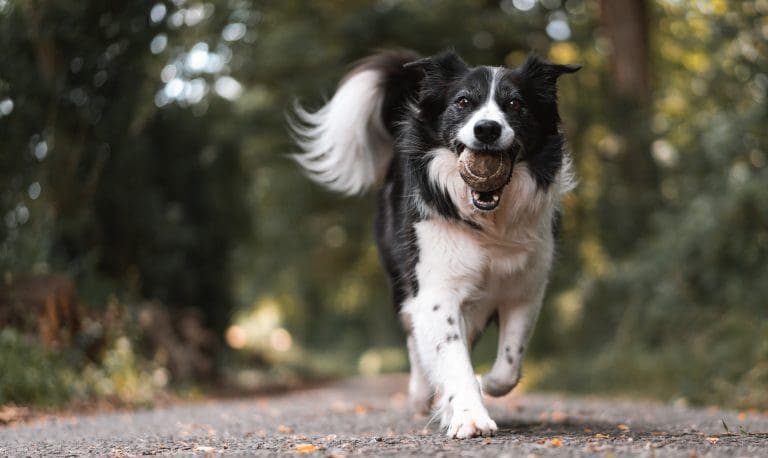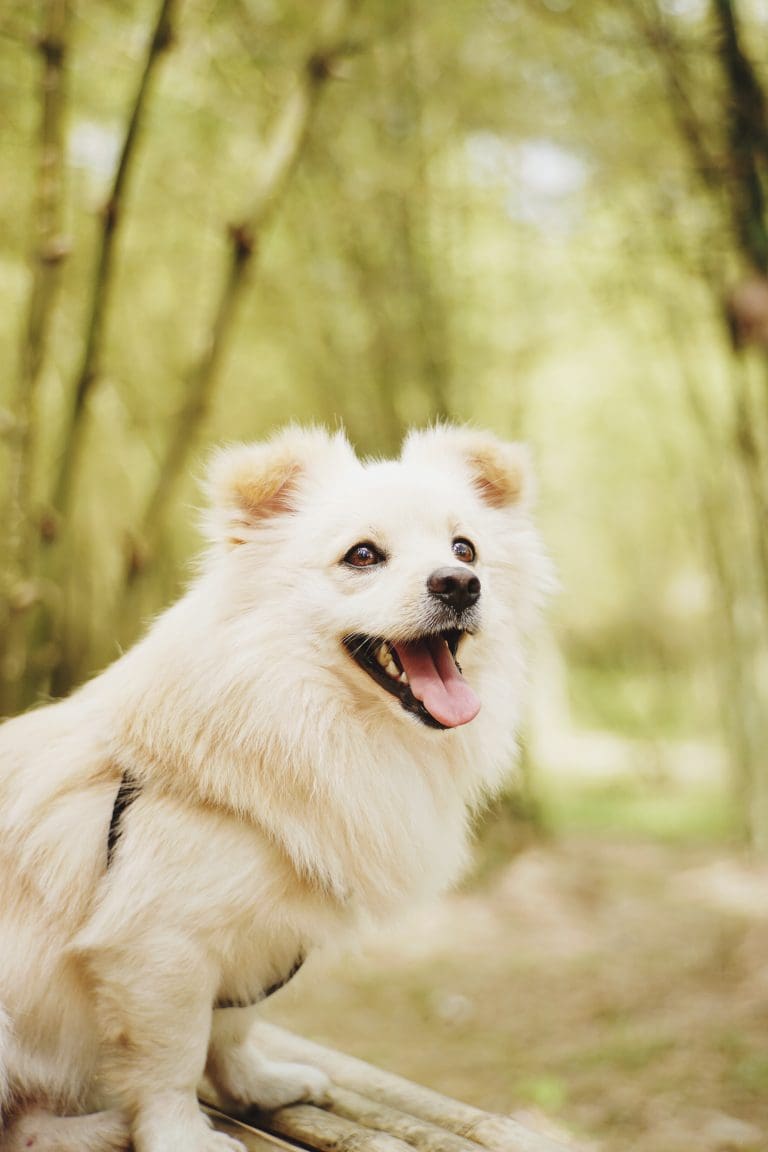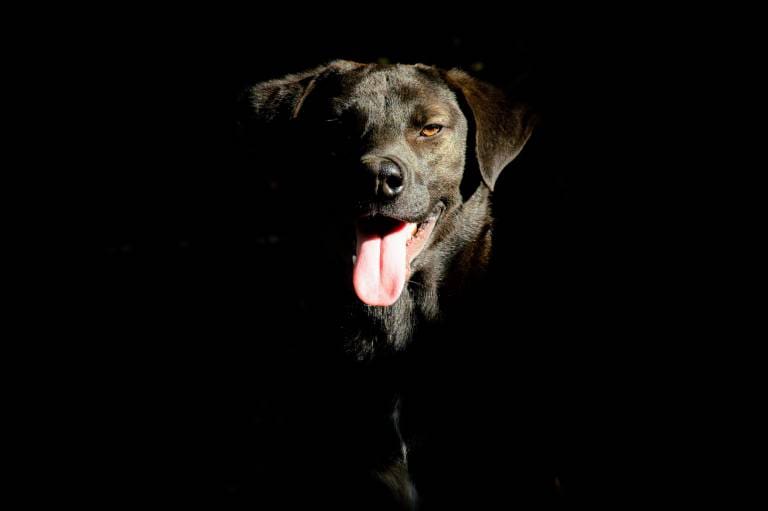Why Won’T My Dog Poop Outside?
Post Date:
December 10, 2024
(Date Last Modified: December 10, 2024)
Many dog owners find it frustrating when their pets refuse to do their business outside. If you’ve been asking yourself, “Why won’t my dog poop outside?” you’re not alone. This issue can arise from various factors including behavioral quirks, environmental challenges, or health concerns. Grasping the reasons behind this behavior can lead to effective solutions.
Behavioral Factors
Dogs exhibit unique personalities and preferences. Some may feel anxious or sensitive to their surroundings, making them reluctant to relieve themselves outdoors. Overwhelming sights and sounds, such as busy streets or loud noises, can create a stressful environment. An anxious dog may wait to poop until they feel secure and comfortable.
Training and Routine
Inadequate training can also contribute to this behavior. If a dog has been conditioned to go indoors, they may not realize that outdoor spaces are acceptable. This is especially true for dogs that have spent significant time indoors or have recently moved. Establishing consistent potty training is essential for developing good habits. Creating a regular schedule for bathroom breaks can help your dog understand when and where it’s appropriate to go.
Health Concerns
Health issues can significantly impact your dog’s bathroom habits. Discomfort from gastrointestinal problems may deter them from pooping outside. Watch for signs of distress, such as whining or unusual postures. If your dog displays discomfort or changes in eating habits, a visit to the veterinarian is advisable. Routine check-ups can reveal underlying health problems affecting their ability to go outside.
Environmental Influences
The environment plays a crucial role in your dog’s willingness to poop outside. Weather conditions can be a major factor; some dogs are sensitive to rain, snow, or extreme heat. If your dog dislikes harsh weather, consider creating a sheltered area or a designated spot that feels safe. This can encourage them to relieve themselves outdoors even in less-than-ideal conditions.
The Importance of Routine
Dogs thrive on consistency. A regular potty schedule helps them understand when to expect outdoor time. If your dog doesn’t have a predictable routine, they may be unsure about when to go outside. Taking your dog out at the same times daily and rewarding them with praise or treats when they poop outside reinforces the desired behavior.
Familiar Locations
Some dogs prefer doing their business in familiar spots. If your dog has a favorite area in the yard, they may be hesitant to go elsewhere. Changes to the yard’s layout or new elements can also create confusion. Encourage exploration of different areas and reward them when they use a new spot to boost their confidence.
Past Experiences
Negative past experiences can create lasting impressions on dogs. If your dog had a frightening encounter, such as a loud noise or an aggressive animal, they might associate the outdoors with fear. To counter this, spend quality time outside, engaging in play or offering treats. Creating positive associations can help alleviate their fear and make outdoor bathroom breaks less daunting.
Medical Conditions
Certain medical conditions can hinder your dog’s ability to poop outside. Issues like constipation, diarrhea, or anal gland problems can cause discomfort and make outdoor pooping challenging. If your dog appears to be straining or in pain, consulting a veterinarian is crucial for addressing these health concerns.
Socialization and Confidence
Lack of proper socialization can also contribute to reluctance in pooping outside. Dogs that haven’t been exposed to various environments, people, or other animals may feel insecure in new situations. Gradually exposing your dog to different experiences can help build their confidence. Start with calm outings and increase exposure as they become more comfortable.
Encouragement and Patience
Utilizing appropriate rewards and encouragement is key. Dogs respond well to positive reinforcement, so using treats or praise can motivate them to go outside. Be patient and allow them time to sniff and explore. When they eventually poop outside, shower them with praise and rewards to reinforce the behavior.
Maintaining Calmness
Staying calm and patient is essential when dealing with your dog’s reluctance to poop outside. If you exhibit frustration or anxiety, your dog may sense these feelings and become more anxious themselves. Approach the situation with empathy, recognizing that every dog is unique. It may take time and persistence to address this issue effectively.
Seeking Professional Help
If your dog continues to resist pooping outside despite your efforts, seeking professional assistance may be beneficial. A dog trainer or behaviorist can offer insights and strategies tailored to your dog’s needs. Their expertise can help assess the situation and provide personalized advice.
Observing Patterns
Pay attention to your dog’s needs and adjust your approach as necessary. Monitor their bathroom habits and look for patterns. Identifying triggers that contribute to their reluctance, whether they are environmental or emotional, can provide valuable insights. Understanding your dog’s perspective is crucial for helping them feel secure and comfortable.
The Path Forward
The journey to getting your dog to poop outside may require time, effort, and patience. Many dog owners face similar challenges, and with the right approach, you can help your dog feel more at ease outdoors. By understanding the underlying reasons for their behavior and implementing positive strategies, you can work towards resolving this issue together. Your dog depends on you for support, and with your help, they can learn to embrace outdoor bathroom breaks as a normal part of their routine.






